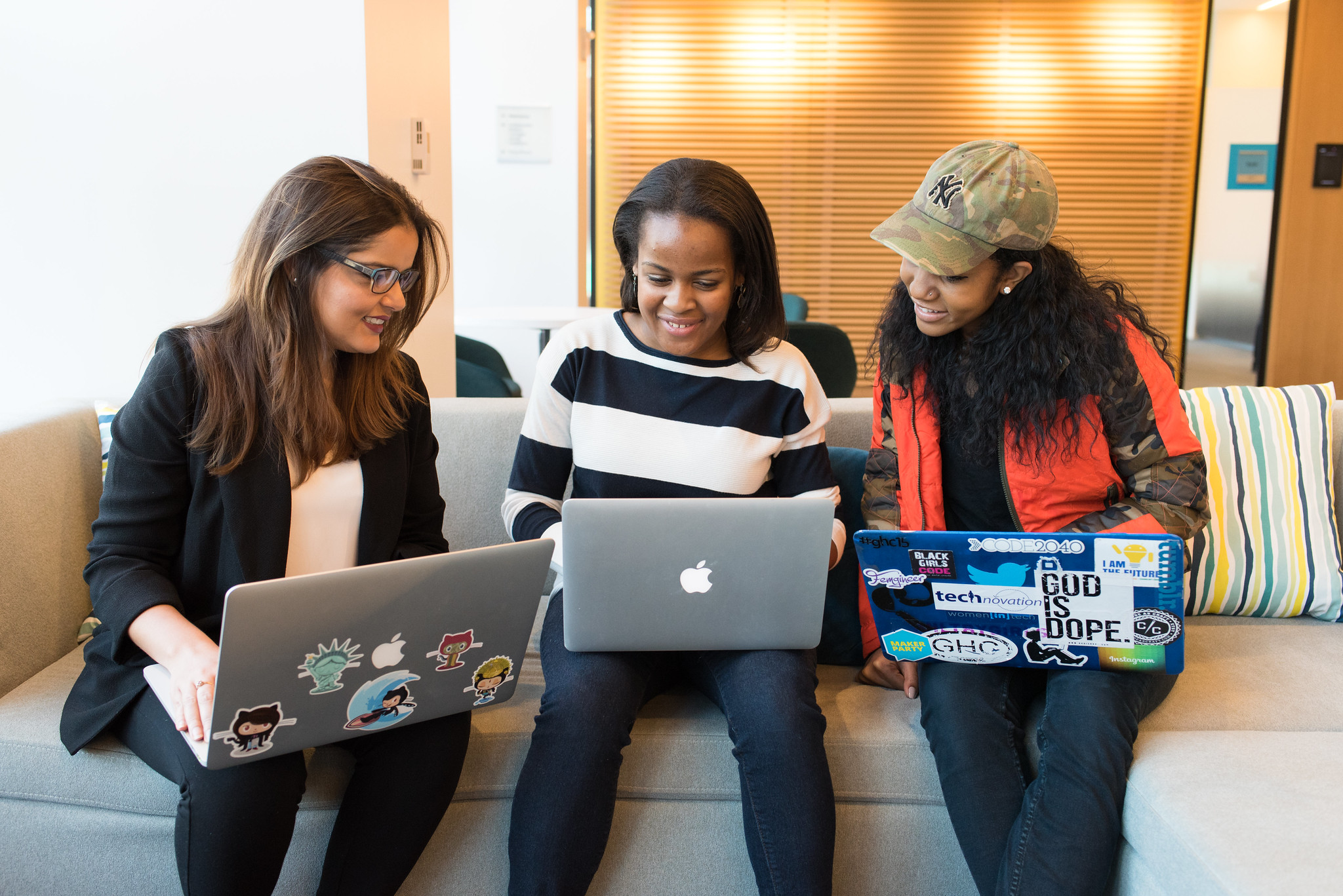Post
MentoraSTEAM. Inclusion and work

Picture: Flickr | wocintechchat.com
MentoraSTEAM is a project developed for migrant and/or second-generation women who live and work in Europe and have completed (or are completing) their training in the STEAMs – i.e. Science, Technology, Engineering, Art and Mathematics.
The aim of the project is to set up an empowerment process by creating the opportunity for the demand and offer of highly qualified human resources to meet, i.e. individuals who have obtained a university degree or equivalent qualification. On a larger scale, MentoraSTEAM is a tool to inspire labour policy-makers to include professionals with diverse profiles and backgrounds in public and private organizations.
MentoraSTEAM is a three-year project (2020-2023) funded by the European Union’s Erasmus+ Call for proposals, led by INOVA, a UK agency specializing in career development, and involving the University of Vaasa, in Finland, INCOMA, a Spain-based training organization, and MEET as representative for Italy.
Most migrants working in Europe are hired in lower level roles than those for which they are qualified based on their educational and professional training. July 2020 data show that 8.4% of non-EU graduates work as unskilled workers in Italy. The situation is certainly not better for highly-qualified migrant women, who have to face daunting language, bureaucratic, social and cultural barriers when they seek a job in our country.
The situation of second-generation Italians, albeit less complex, is rather multifaceted. We are speaking of people who were born and raised in Italy with parents of other nationalities for whom the perfect knowledge of the Italian language, a school qualification obtained within national borders (and sometimes even the Italian citizenship) are not enough to find them the job they would like to have.
What we do
The MentoraSTEAM project aims to support the beneficiaries – migrant and second-generation Italian women with advanced skills and qualifications in the STEAM areas (from biology to videomaking, IT, engineering, dance and digital creation) – in terms of self-effectiveness, self-confidence and the ability to find an employment in line with their skills.
MentoraSTEAM approaches the theme through a series of progressive and diversified actions.
- The project has been launched with a number of focus groups (in January 2020) aimed at gathering information and opinions on the needs of the final recipients of the project, which might be identified in the various countries involved. It will take place through digital technologies and will be a real screening of the existing reality by listening to the voices and stories of migrant and/or second-generation women who live and work in Europe.
- The know-how and data sets gained during the implementation of the project will be the basis for dedicated guidelines for public and private stakeholders, which will be drawn up to facilitate and enhance the employability of migrant and second-generation women (June 2021)
- The second stage of the project will be the organization of a free training program specifically designed for the project’s recipients (January 2022), where participants will be encouraged to play an active role and interact and blend with each other, most often remotely and sometimes in person. The role of MEET and of the other European partners will be to provide the beneficiaries with skills, tools and networking opportunities that they will be able to spend in the labour market.
- MentoraSTEAM will hold a number of digital and physical public events to raise awareness about gender inclusion with policy-makers, entrepreneurs, trade associations, and the media (June 2021 and March 2023)
If you are a migrant or a second-generation woman and want to know more about MentoraSTEAM, please contact us. You may apply to take part in the focus group or in the training program, or both. There is no age limit and the MentoraSTEAM project is completely free.
MentoraSTEAM is supported by:

